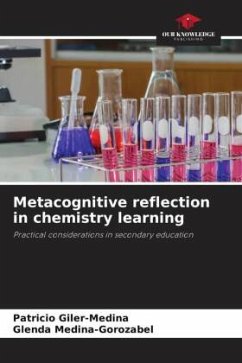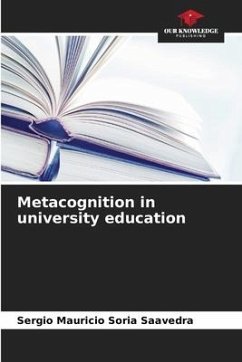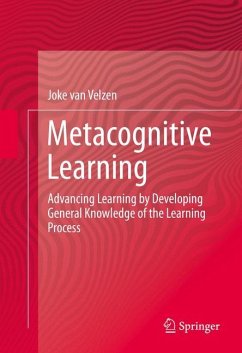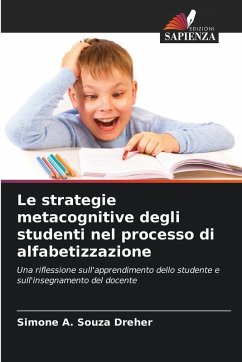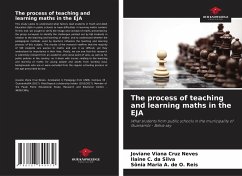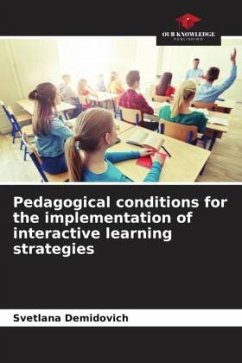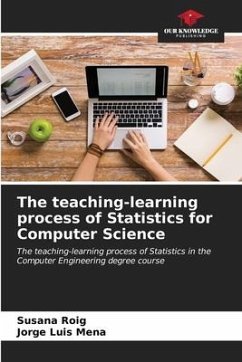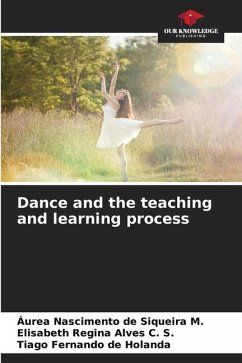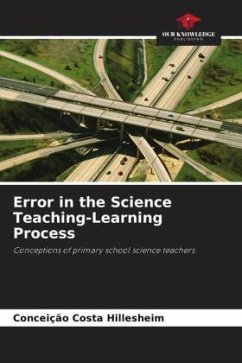
The Metacognitive Strategies of Students in the Literacy Process
A reflection on student learning and teacher teaching
Versandkostenfrei!
Versandfertig in 6-10 Tagen
47,99 €
inkl. MwSt.

PAYBACK Punkte
24 °P sammeln!
The present study aims to identify and categorize the predominant metacognitive strategies in children in the process of literacy, helping literacy teachers to rethink their classroom practice. To understand the learning processes, cognitivist authors such as Juan Ignacio Pozo (2002; 2004); Guy Claxton (2002); John D. Bransford, Ann L. Brown, and Rodney R. Cocking (2007) as a reference. For studies on metacognition, the assumptions of Flavell (1999), Mayor (1995), Burón (1996), Mateos (2001), and Portilho (2004, 2006) were consulted. The metacognitive strategies researched refer to how childr...
The present study aims to identify and categorize the predominant metacognitive strategies in children in the process of literacy, helping literacy teachers to rethink their classroom practice. To understand the learning processes, cognitivist authors such as Juan Ignacio Pozo (2002; 2004); Guy Claxton (2002); John D. Bransford, Ann L. Brown, and Rodney R. Cocking (2007) as a reference. For studies on metacognition, the assumptions of Flavell (1999), Mayor (1995), Burón (1996), Mateos (2001), and Portilho (2004, 2006) were consulted. The metacognitive strategies researched refer to how children self-regulate when planning, supervising, and evaluating reading and writing activities.



